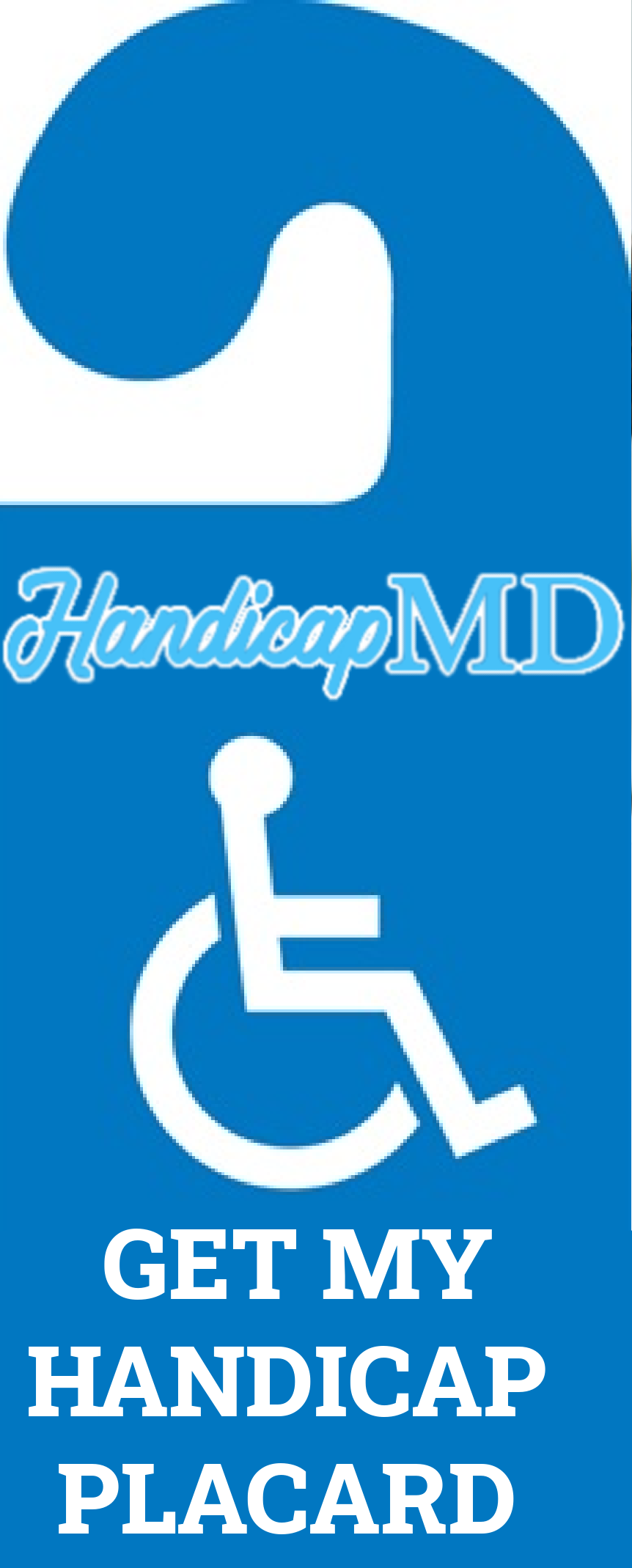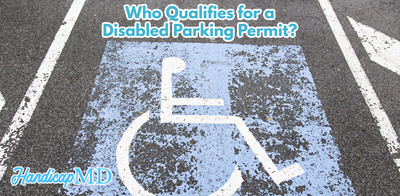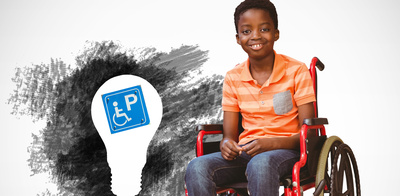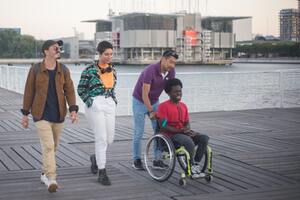
Telemedicine To Get A Disabled Parking Permit
The U.S. health industry is experiencing a revolution thanks to telemedicine, and one of the many ways it is changing lives is by making it easier to obtain disabled parking permits. Although the concept of telemedicine was first introduced in the 1960s, it has only recently gained significant traction as a viable alternative in the health care industry. Originally designed to facilitate remote communication between doctors and patients via telecommunications, telemedicine has undergone a significant transformation with the explosion of digital technology in the new millennium. It can now be applied to various medical fields, connecting patients and doctors instantly and on demand, saving time and money for both parties.
Telemedicine is a rapidly growing field that has transformed the way healthcare services are delivered. With the advent of technology, telemedicine has enabled doctors and healthcare professionals to connect with patients remotely, allowing them to provide care from anywhere in the world. Telemedicine has made it possible for people in rural or remote areas to receive medical care, and has also enabled patients with disabilities or mobility issues to access healthcare services more easily. In this article, we will discuss what telemedicine is, why it is useful, and future applications of this technology.
Although the possibilities of this exciting new initiative appear boundless at this stage, the question remains - why is using telemedicine to apply for a disabled parking permit a sensible option?
What is Telemedicine?
Telemedicine is the remote delivery of healthcare services using technology such as video conferencing, live streaming, and messaging. This technology allows doctors and healthcare providers to communicate with patients who are unable to visit them in person. With telemedicine, patients can receive medical advice, diagnosis, and treatment from the comfort of their own homes. Telemedicine can be used for a range of medical specialties, from mental health to dermatology to general medicine.
Why is it Useful?
Telemedicine is useful for several reasons. First, it provides access to healthcare services for patients who are unable to visit healthcare providers in person. Patients in rural or remote areas may not have access to healthcare services due to geographical barriers. Telemedicine can provide these patients with access to healthcare services they might not otherwise receive. Second, telemedicine is useful for patients with mobility issues or disabilities. For these patients, visiting a doctor's office can be challenging, but telemedicine allows them to receive care from their homes. Third, telemedicine can improve efficiency in healthcare delivery. Doctors and healthcare providers can see more patients in less time by using telemedicine, and they can communicate with patients more quickly and easily.
The primary reason is convenience. Many handicapped patients find it challenging to access various services due to their disability, often feeling like they are unable to live life to the fullest. Access to one's hometown or city is a crucial aspect of leading a fulfilling life, but handicapped individuals need a disabled parking permit to do so. Without it, they are unable to enjoy the same freedoms as able-bodied people. In severe cases, disabled individuals may be unable to reach their doctor to apply for a disabled parking permit, making it almost impossible for them to travel freely around their city or take the necessary steps to achieve this.
Telemedicine provides a solution by allowing disabled patients to conduct their medical business from the comfort and convenience of their homes.
Millions of people across the United States may qualify for a disabled parking permit, including those with vision problems, cardiac issues, and even pregnant women, among others. Unfortunately, many individuals are unaware that their specific condition qualifies them for a disabled parking permit and thus never consider applying. Telemedicine is changing this rapidly by offering new avenues for potential disabled parking permit applicants to check if their condition qualifies.
However, prospective patients should be aware that criteria may vary slightly from state-to-state, with some states having more lenient policies towards mental disabilities than others, while others may have varying specifications for some physical conditions. Nonetheless, all 50 states agree on what constitutes a disability and are obligated to provide a disabled applicant with a handicap parking permit upon the first application. The good news is that disabled parking permits can be used in any state regardless of where they were originally issued, and many countries worldwide recognize American disability parking permits, including all European countries, Australia, and Japan. This small gesture of recognition can make a significant difference in the lives of handicapped patients.
Telemedicine ensures that potential patients have access to the health care they require, and it is not only a convenient mechanism for patients to consult their doctors but also a rapid one. This means that if a disabled person needs a permit urgently, telemedicine can help them obtain one quickly. Telemedicine also provides patients with immediate access to doctors, which was not always the case in the past, as they might have had to travel considerable distances to reach a doctor, thus delaying visits until they were absolutely necessary. It has also revitalized specialist consultation by offering patients a broader choice of specialists instead of merely relying on the closest one in terms of distance. In sum, telemedicine is causing a much-needed disruption in the health care industry in various areas, including access to disabled parking permits. Although this is just one of the many ways it is changing lives, it is a critical area for handicapped patients to feel like they are making the most out of their lives, regardless of their location or disability.
Future Applications
Telemedicine has many potential future applications. One of the most promising is in the field of mental health. Mental health conditions are common, but many people do not receive the care they need. With telemedicine, mental health providers can reach patients who might not otherwise receive care. Telemedicine can also be used to improve access to specialty care. Patients who live far from specialists may not be able to visit them in person, but with telemedicine, they can receive care remotely. Finally, telemedicine can be used to provide care in emergency situations. In the event of a natural disaster or other emergency, telemedicine can provide healthcare services to people in affected areas.
Conclusion
Telemedicine is a game-changing technology that has transformed healthcare delivery. With telemedicine, patients can receive care from anywhere in the world, and healthcare providers can communicate with patients more easily and efficiently. Telemedicine has the potential to improve access to healthcare services for people in remote or rural areas, and it can provide care for patients with mobility issues or disabilities. The future of telemedicine is bright, and it has the potential to revolutionize healthcare delivery in many different ways.
.png)






